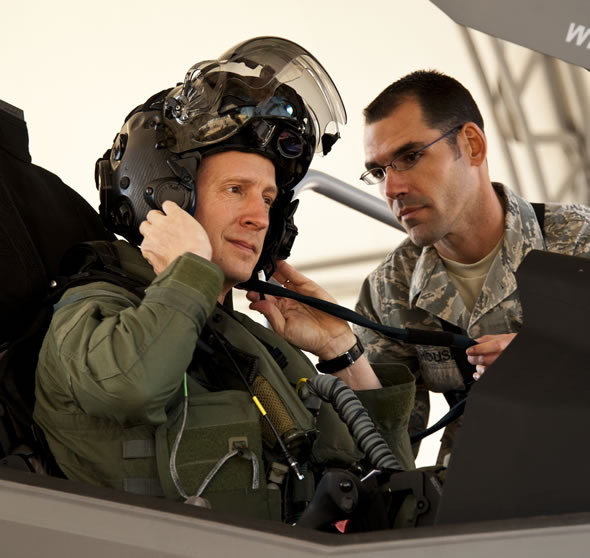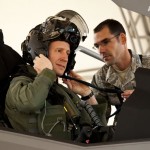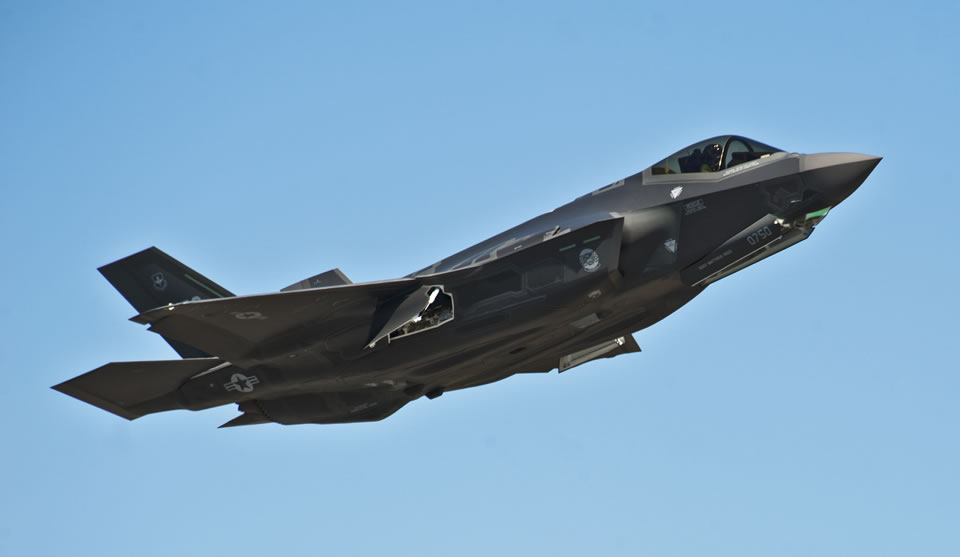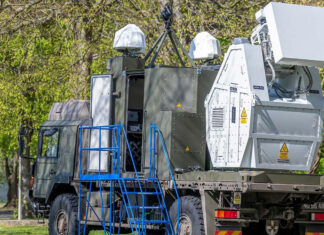

Initiating F-35A training flights before the fighter completed flight testing has been in hot debate for months; this issue encountered a symbolic misfortune yesterday, as the F-35A taken on a 90 minute check flight that marked the first training sortie of the new fighter was aborted 15 minutes after takeoff due what was described as a ‘fuel leak’ warning. According to a Lockheed Martin press release, early in the flight, F-16 chase pilots observed a small amount of fluid venting from the F-35 aircraft. The pilot, following standard operating procedures, returned the aircraft safely back to the base after an approximate 20 minute flight.
“We met both objectives today; get the aircraft airborne and start local area operations,” said Lt. Col. Eric Smith, the Air Force’s first F-35 pilot who tested the aircraft at Edwards AFB, Calif. “Our team did the most conservative thing by deciding to bring the plane back. We trained for this many times in the simulator for this exact reason.”
“We didn’t want it to happen today but we were prepared. Our pilot did the exact right thing in returning the jet back to Eglin” said Col. Andrew Toth, 33rd FW commander “Although there were issues we are doing whatever we can to move the program forward safely and effectively.” Pilots and maintainers discussed the potential fuel leak finding that caused the precautionary end of the sortie.
According to Air Education and Training Command, they are taking an event-driven approach to assess when to begin transitioning the entire JSF training system, including the aircraft, to a point where the wing can initiate the training syllabus.
“We will continue to make steady progress towards our goal of standing up a world class training program at Eglin,” said Gen. Edward Rice Jr., commander of AETC, who approved F-35 flight operations to begin shortly after the Air Force Aeronautical Systems Center awarded an airworthiness certificate to the service for their variant of the joint strike fighter. The 33rd FW focuses on preparing for an anticipated 2,200 students a year and 900 “on campus” at any given time at full capacity.

















